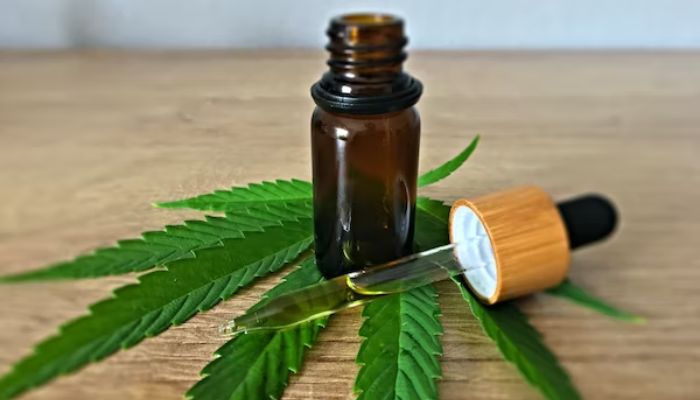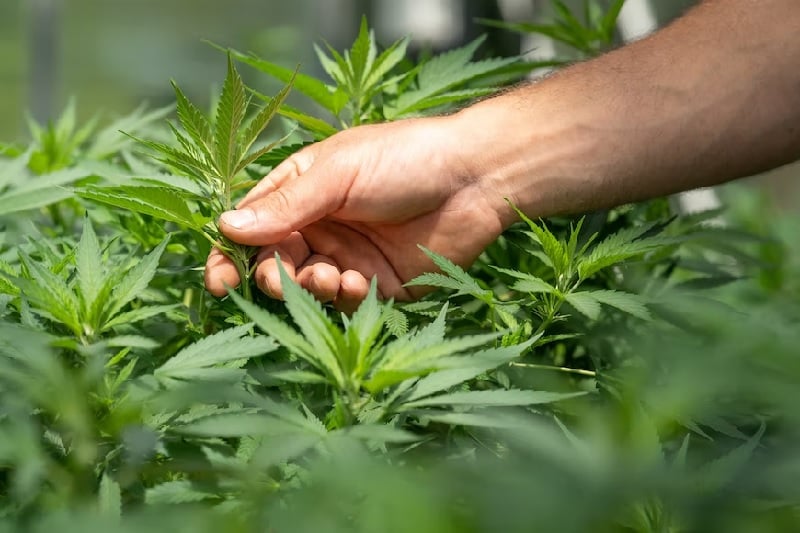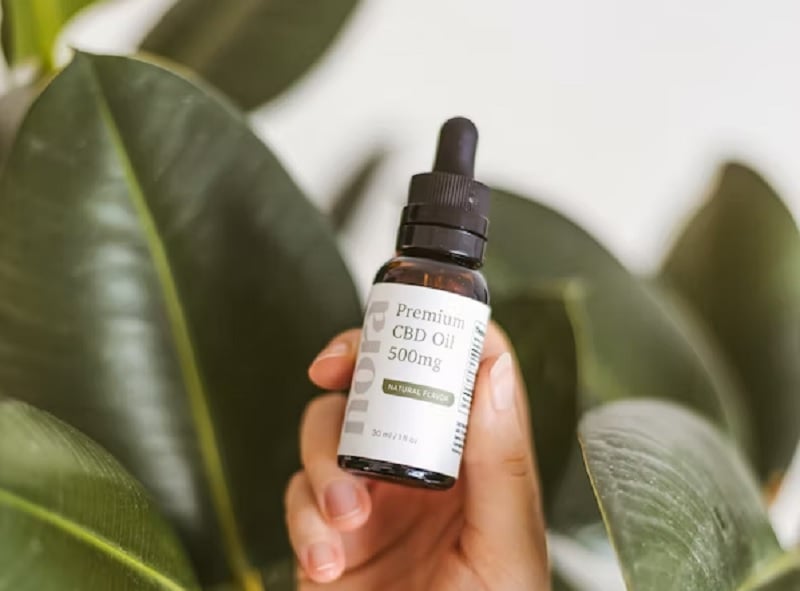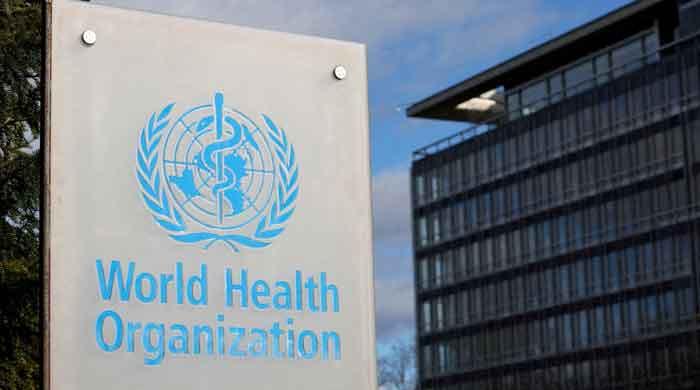What we know about cannabidiol
Around 30 countries have legalised cannabidiol for medicinal purposes, including most European Union members
November 29, 2022

Cannabidiol, a chemical notorious because it is found in marijuana is becoming increasingly popular across the globe. It is the second-most active chemical in marijuana but does not contain tetrahydrocannabinol (THC), the psychoactive ingredient that produces a high.
CBD can be directly derived from the hemp plant, which is related to the marijuana plant. It can also be manufactured in a laboratory.
"In humans, CBD exhibits no effects indicative of any abuse or dependence potential…. To date, there is no evidence of public health-related problems associated with the use of pure CBD," a report by the World Health Organisation said.
Heads up: Is CBD legal?
The most important question before moving on to the pros and cons of CBD is whether it is legal.
Several countries have made the use of CBD legal. Around 30 have legalised the drug for medicinal purposes, including most European Union members. These countries include the United States, Canada, Spain, Luxembourg, and South Africa.
While CBD is readily available in the US, its legal status in the country has been a source of confusion. However, all 50 states have legalised the chemical.

"The FDA has approved only one CBD product, a prescription drug product to treat seizures associated with Lennox Gastaut syndrome (LGS), Dravet syndrome (DS), or tuberous sclerosis complex (TSC) in people one year of age and older," the official website of the United States government reads.
In Pakistan, CBD is still illegal due to several reasons. According to Sensi Seeds, one of the reasons is that "the CBD market isn't tightly monitored". While it is an illegal substance, in 2020, the news of the country investing in CBD research became popular.
Federal Minister for Science and Technology, Fawad Chaudhry informed the media that the cannabis plants that Pakistan plans to grow would contain legal level THC (tetrahydrocannabinol), say around or below 0.3%.
Is CBD safe?
CBD comes in various forms including oils, patches, vapes, and capsules. Some have been marketed as supplements instead of a drug.
"A significant safety concern with CBD is that it is primarily marketed and sold as a supplement, not a medication," said Dr Peter Grinspoon, a physician, educator, and cannabis specialist at Massachusetts General Hospital and an instructor at Harvard Medical School.
There are some prescription CBD products like Epidiolex that are approved in some countries and are possibly safe even for children. However, vulnerable groups like pregnant women and those with Parkinson Disease should consult a professional in-depth.
"In animals, high doses of CBD have caused negative effects on developing fetuses," said the official website of Centres for Disease Control and Prevention.
Uses and health benefits
One of the most common health benefits of CBD, usually in form of oil, is its ability to heal pain. The drug is being used for thousands of years, experts believe. "A 600 BC era manuscript found in Iran reveals that ancient Iranians had knowledge about the characteristics of cannabis," Alauddin Masood, who served in the Pakistan Narcotics Control Board for over five years in the late 1970s wrote for The News.

"The strongest scientific evidence is for its effectiveness in treating some of the cruellest childhood epilepsy syndromes, such as Dravet syndrome and Lennox-Gastaut syndrome (LGS), which typically don’t respond to antiseizure medications," Grinspoon added.
Apart from protecting people from chronic inflammation, some research has shown that CBD oil can also boost mental health by reducing some symptoms like anxiety. A small 2018 study published in the Journal of Alternative and Complementary Medicine, showed that CBD reduced PTSD symptoms.
It is effective for patients with epilepsy and possibly effective with those who have multiple sclerosis.
However, some outrageous claims like CBD can cure or prevent cancer and COVID-19 have repeatedly been busted by experts.
Side effects
According to a Healthline report, CBD is tolerated well by most people. However, like any other substance, CBD can have adverse effects on some people including an upset stomach or diarrhoea and fatigue.
As per FDA, CBD can lead to liver damage and unnoticeable changes like drowsiness. The dosage can only be recommended by a professional.
Bottomline
While CBD is widely available in places where it is legal, "you should let your doctor know if you are regularly using CBD," Grinspoon said, adding that the side effects of high doses of CBD are similar to a few other drugs.
In countries where CBD is illegal, including Pakistan, it should not be consumed as there is a lack of research and medical professionals might not have enough expertise on hand to know what to do in a certain situation of overdose or negative reactions.











